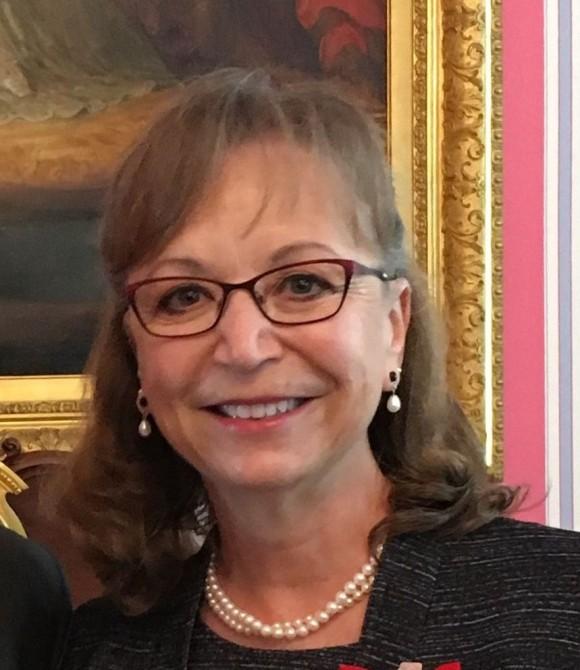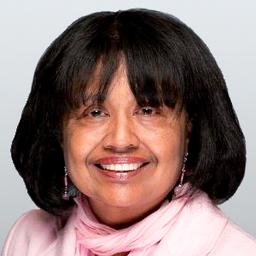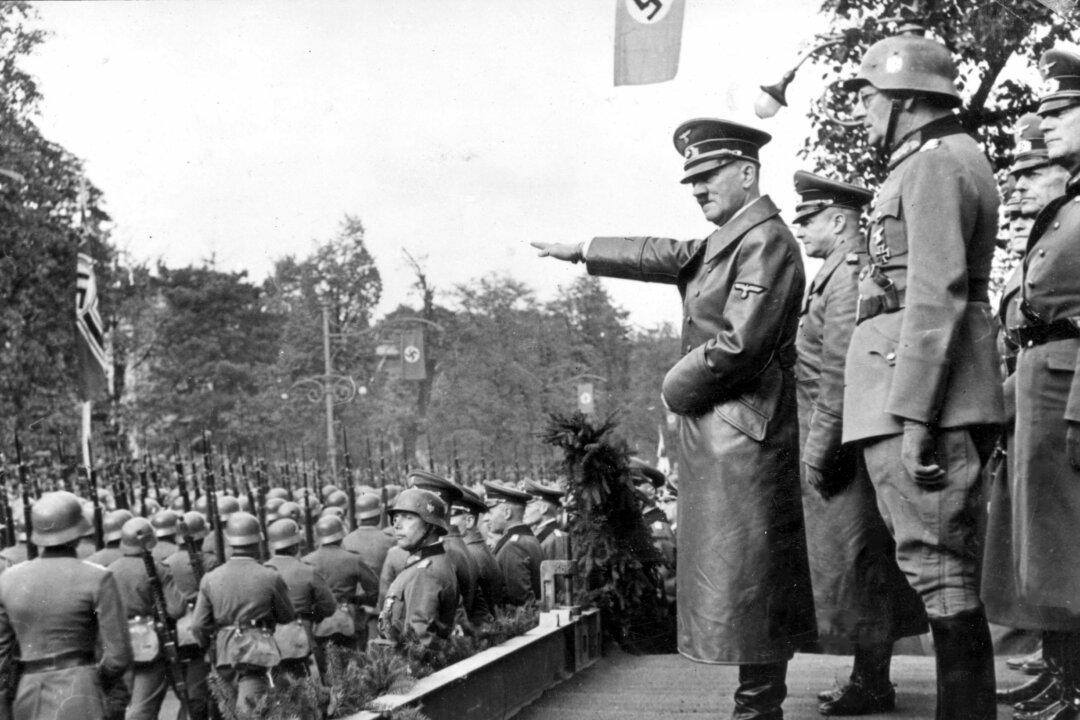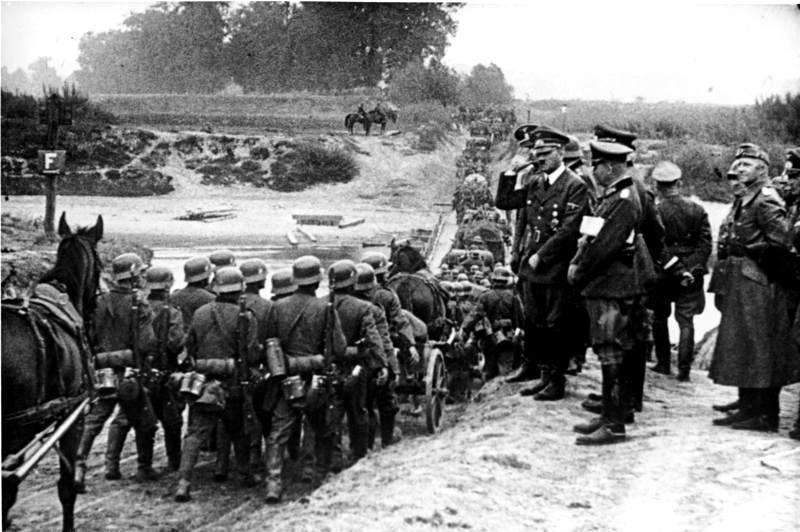For too long, Canada has been somewhat of an unsung hero among the world’s nations. But that has been changing of late. In the wake of the political extremism, religious and racial intolerance, and violence and conflict that plague much of the world, more and more public figures and private citizens are expressing genuine admiration for the finer attributes of this country.
And in 2015, U.S.-based Reputation Institute ranked Canada at the top of the most admired countries in the world and the one with the best reputation.
Not only did Canada give the world insulin, basketball, and “Anne of Green Gables,” it has opened its doors and provided opportunities for countless people to rebuild lives shattered by war and persecution.
In terms of natural beauty, we have unsurpassed wonders—floating icebergs, northern lights, the world’s longest trail, our own Jurassic park in Alberta’s badlands, the Rocky Mountains, and the rugged, windswept coast of Cape Breton Island, to name just a few.
But it is the people who truly make Canada the great country it is, from Indigenous Peoples to those of the diverse cultures that make up the Canadian mosaic.
In celebration of Canada’s 150th birthday, The Epoch Times profiles three inspirational Canadians who exemplify some of the qualities that make this country special.
Jacqueline Guest, children’s author






